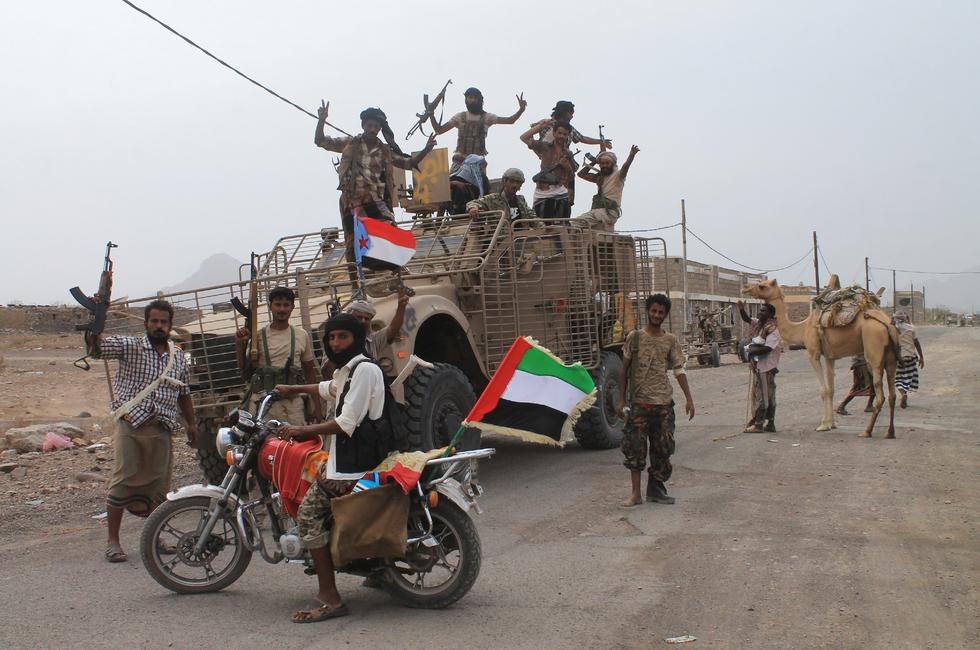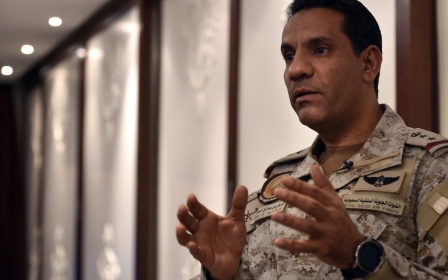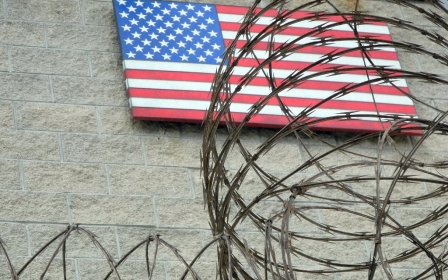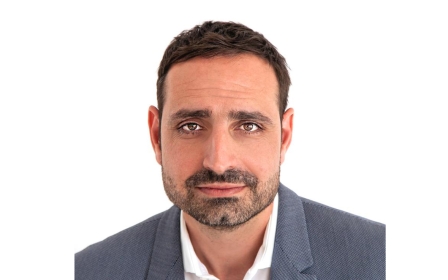Arabic press review: Yemenis protest against UAE control of southern airport

Yemenis protest against Emirati control of airport
Dozens of Yemenis on Thursday took part in a protest in the city of Mukalla, the capital of Hadramout province in the east of the country, demanding the reopening of an airport that was turned into a military base by Emirati forces, according to news site Arabi 21.
The Riyan International Airport, east of Mukalla, has been closed for four years.
The protesters raised banners with slogans calling for the re-opening of the airport, in which the UAE forces have established a prison where dozens of political activists and religious scholars are being held, according to the report.
Protesters carried banners saying that the closure of Riyan Airport was "severing the lifeline" of the city.
New MEE newsletter: Jerusalem Dispatch
Sign up to get the latest insights and analysis on Israel-Palestine, alongside Turkey Unpacked and other MEE newsletters
The transport minister in Yemen's Aden-based government, Saleh al-Jubwani, said in February that his ministry was set to reopen the airport in mid-March, after a full renovation, which would contribute to solving the problem of air transport. This did not happen.
Outcry over Israeli delegation’s visit to Tunisia
Members of the Tunisian opposition have demanded that the prime minister be held accountable for a visit made by an Israeli delegation to the home of assassinated Palestinian leader Khalil al-Wazir (Abu Jihad), London-based al-Quds al-Arabi reports.
Wazir was assassinated in Tunis in 1988. His killing is widely believed to have been carried out by Israel's Mossad secret services.
A televised report by a Hebrew channel of a visit by Israeli tourists to Wazir's Tunisia home sparked a debate on social media, where politicians and activists called on the authorities to investigate the matter and hold Prime Minister Youssef Chahed accountable, according to al-Quds al-Arabi.
Samia Abbou, MP for the Democratic Bloc, accused Tourism Minister Rene Trabelsi of "normalisation with Israel", noting that "allowing a delegation of Israelis to tour inside the country and chant for the occupying entity is an insult to the Tunisian state".
She also called for "full vigilance against the power coalition parties’ attempts to obliterate the Palestinian cause" and normalise relations with Israel.
Worrying rise in cancer rates in southern Iraq
With shortages of electricity and water coinciding with a record rise in temperature and humidity, recent local reports indicate a dramatic uptick in cancer rates in the southern Iraqi city of Basra, according to London-based newspaper al-Arabi al-Jadeed.
In spite of promises by the Iraqi government to build a specialised cancer hospital in Basra and provide the necessary treatment and care for those affected, since 2005 these commitments have not been fulfilled.
Basra and Fallujah are the two regions with the highest rates of cancer cases.
Iraqi officials, research centres and universities have linked this to the US army's use of weapons in 2003 and 2004, in addition to environmental pollution caused by the oil fields and the waste of foreign and domestic oil companies operating in Basra.
The local head of Iraq's state-backed human rights commission, Mahdi al-Tamimi, recently announced an increase in the rates of cancer, confirming the registration of 700 cases on a monthly basis in Basra, which has a population of three million.
Tamimi stressed that "this rate is the highest in Iraq", pointing to uranium contamination, as well as oil pollutants.
He also predicted an increase in the rate of cancer cases among the population of Basra in the coming months, because the Iraqi government has not found any remedies to address this "human disaster".
Middle East Eye delivers independent and unrivalled coverage and analysis of the Middle East, North Africa and beyond. To learn more about republishing this content and the associated fees, please fill out this form. More about MEE can be found here.




